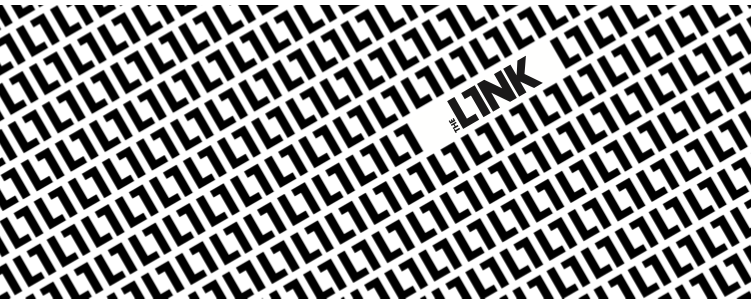Editorial: Still not a voice for the voiceless
The Link acknowledges our location on unceded Indigenous land. The Kanien’kehá:ka Nation is recognized as the custodians of these lands and waters. Tiohtià:ke is historically known as a gathering place for many First Nations.
This land acknowledgment appears in each issue of The Link.
The impetus of our editorial this week is a retraction we issued for an article published Oct. 12. The article attempted to use satire to attack the positions of those who do not acknowledge the traumas endured by Indigenous Peoples. In doing so, it harmed those who have suffered these traumas. It was completely insensitive and not the writer’s, nor our own, story to tell.
It is embarrassing that a piece like this found life on our platform, detracting attention from Indigenous-led protests for Indigenous sovereignty at a critical moment, and when it is so important that settlers wrestle with the ways in which they perpetuate colonialism and colonial instincts, no matter their theoretical alignment.
Our organization has sometimes billed itself as a “voice for the voiceless,” a motto meant to encapsulate our mandate as an advocacy publication. But to what extent does this lead to an instinct of speaking for others, perhaps drowning them out?
We criticized this conceit in a 2018 editorial titled “We Are Not a Voice for the Voiceless,” but the sentiment has evidently survived.
Our mandate contains this language: “The Link is a progressive entity with a staff that believes in tolerance and promotes a positive message of diversity and equality. The Link has a tradition of advocating for people and groups who are marginalized, oppressed, voiceless, or simply rendered invisible because of the nature of their situation.”
How can our tradition of advocacy and core principles be redirected to amplifying and platforming voices that are unheard or undermined? This work is multifaceted, complex, and urgent, and it requires humility and genuine inclusion.
Good intentions can be pernicious if they do not come with good awareness. It is incumbent on each of us to seek to better understand the traumas and injustices that have been and are still endured by Indigenous Peoples and individuals in what is now known as Canada.
In this spirit, we admire those whose hard work has produced a list of BIPOC-focused and BIPOC-related courses at Concordia for the first time. We hope this resource will help empower students who belong to BIPOC communities and that the courses listed will push others to grapple with what it means to be anti-racist and anti-colonial. Undoubtedly, this necessitates that one’s first instinct should be to listen rather than to speak.
Further, we must acknowledge that resistance to self-reflection and self-criticism facilitates not only a culture in which hurtful words can be published, but also one in which harmful words and gestures can be aimed at one another, whether consciously or negligently, oftentimes in ways some of us will never understand. We must, therefore, be vigilant to hold ourselves to a higher standard of accountability and humility.
We close as our 2018 editorial did in an effort to renew its commitments:
There are many well intentioned people who lack self awareness and the ability to critically examine their own behaviour and understand it. If there is a group of people talking about race and most of them are white, those should not be the voices speaking the loudest, asserting themselves most, or directing the conversation. They should most definitely not be the ones trying to dictate how People of Colour share their experiences.
However, this is an all too common scenario in many leftist circles. Processing words on paper doesn’t equal asking thoughtful questions, or listening to someone’s words with care and an open mind.
With the rise of new beginnings, we acknowledge what it means to be held responsible for a mistake. Getting called out by a peer should not be seen as an attack on your being. Instead, it’s a callout to your humanity, to remind you that you are capable of understanding and empathizing with different perspectives. Rather than being reactive, it is important to be proactive and to initiate change within, so we can be able to correct mistakes committed. Use this moment as a learning experience. Be willing to listen and reframe criticism into kindness.







_600_375_90_s_c1.jpg)